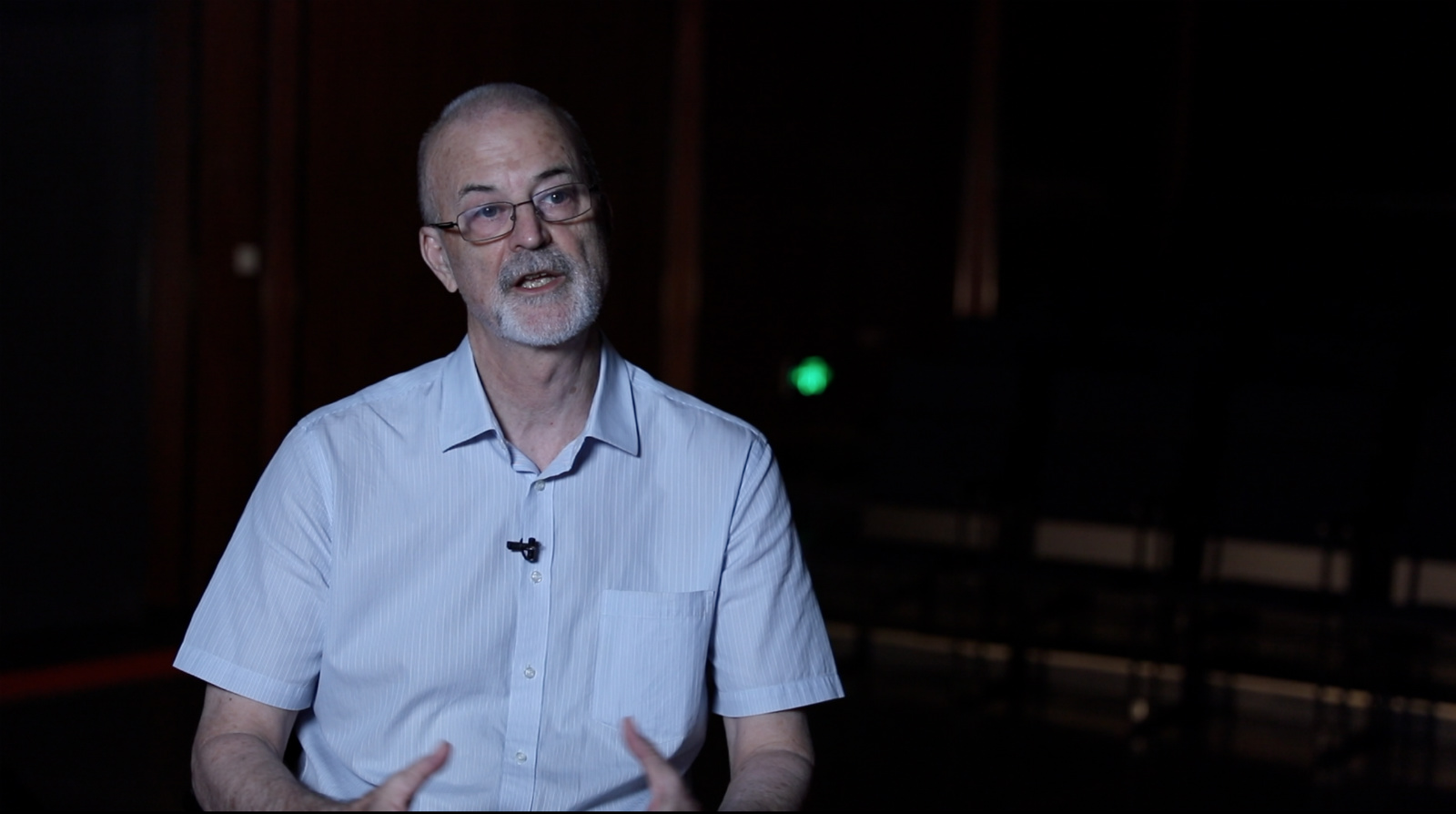Peter Edward ClarkeHow to Master the Art of Effective Communication in a Professional Setting
Guide or Summary:Understanding the Importance of CommunicationMastering the BasicsActive ListeningNon-Verbal CommunicationOvercoming Barriers to Effective C……
Guide or Summary:
- Understanding the Importance of Communication
- Mastering the Basics
- Active Listening
- Non-Verbal Communication
- Overcoming Barriers to Effective Communication
- Continuous Improvement
Effective communication is a cornerstone of success in any professional setting. Whether you're leading a team, negotiating a deal, or presenting your ideas to stakeholders, your ability to communicate clearly and persuasively can make or break your career. In this comprehensive guide, we'll explore the strategies and techniques that Peter Edward Clarke, a renowned communication expert, has developed to help professionals like you master the art of effective communication.
Understanding the Importance of Communication
Before diving into the specifics, it's crucial to understand why communication is so vital. Peter Edward Clarke emphasizes that effective communication is not just about conveying information; it's about building relationships, fostering trust, and achieving common goals. It's the glue that holds teams together and the bridge that connects organizations to their customers.

Mastering the Basics
To become a master communicator, you must start with the basics. This includes understanding your audience, choosing the right words, and delivering your message with clarity and confidence. Peter Edward Clarke suggests breaking down complex ideas into simpler, more digestible pieces. This makes your message more accessible and ensures that your audience understands your point.
Active Listening
Effective communication is a two-way street. Peter Edward Clarke stresses the importance of active listening, which involves fully concentrating on what the speaker is saying, responding appropriately, and remembering the information. Active listening not only helps you understand the other person's perspective but also shows that you value their input, fostering a more collaborative and inclusive environment.
Non-Verbal Communication
What you say is only half the story. Peter Edward Clarke highlights the power of non-verbal communication, which includes body language, facial expressions, and tone of voice. These elements can convey more emotion and intent than words alone. By being aware of your non-verbal cues and those of others, you can enhance your communication and build stronger connections.

Overcoming Barriers to Effective Communication
No matter how skilled you are, there will always be challenges to effective communication. Peter Edward Clarke acknowledges that cultural differences, language barriers, and varying levels of experience can all pose obstacles. However, by being adaptable, open-minded, and empathetic, you can overcome these challenges and create more effective and inclusive communication.
Continuous Improvement
Finally, Peter Edward Clarke emphasizes the importance of continuous improvement. Effective communication is not a one-time event but an ongoing process. By regularly seeking feedback, reflecting on your communication style, and practicing new techniques, you can continually refine your skills and become an even more effective communicator.
In conclusion, mastering the art of effective communication is a journey that requires dedication, practice, and a willingness to learn. By following the strategies and techniques outlined by Peter Edward Clarke, you can enhance your communication skills, build stronger relationships, and achieve greater success in your professional life. So, start today, and take the first step towards becoming a master communicator. Your career and your relationships will thank you.
